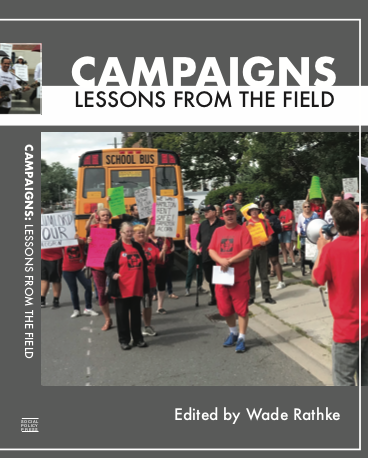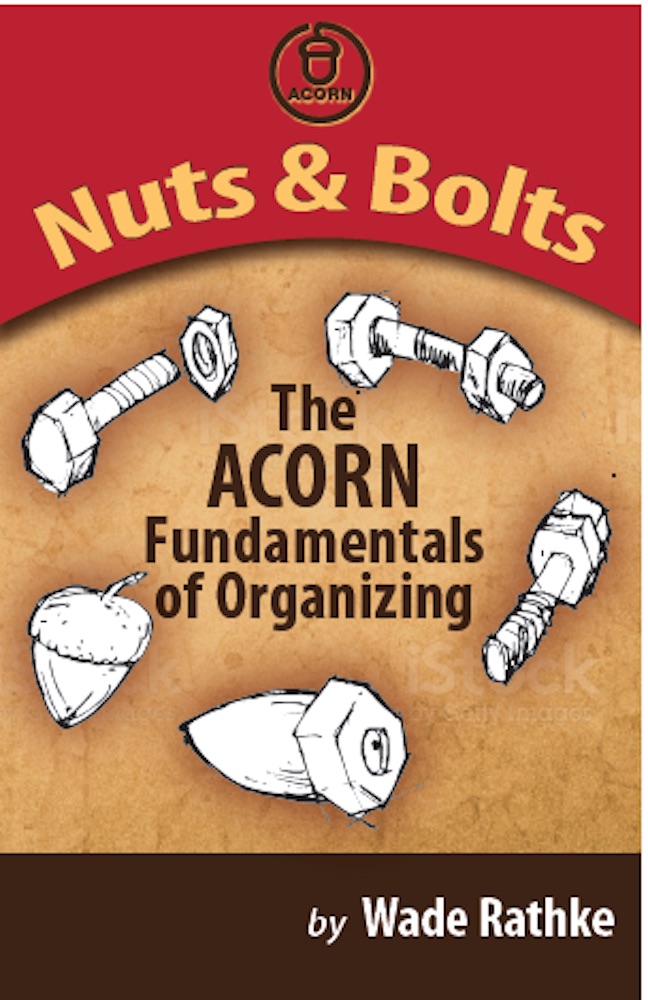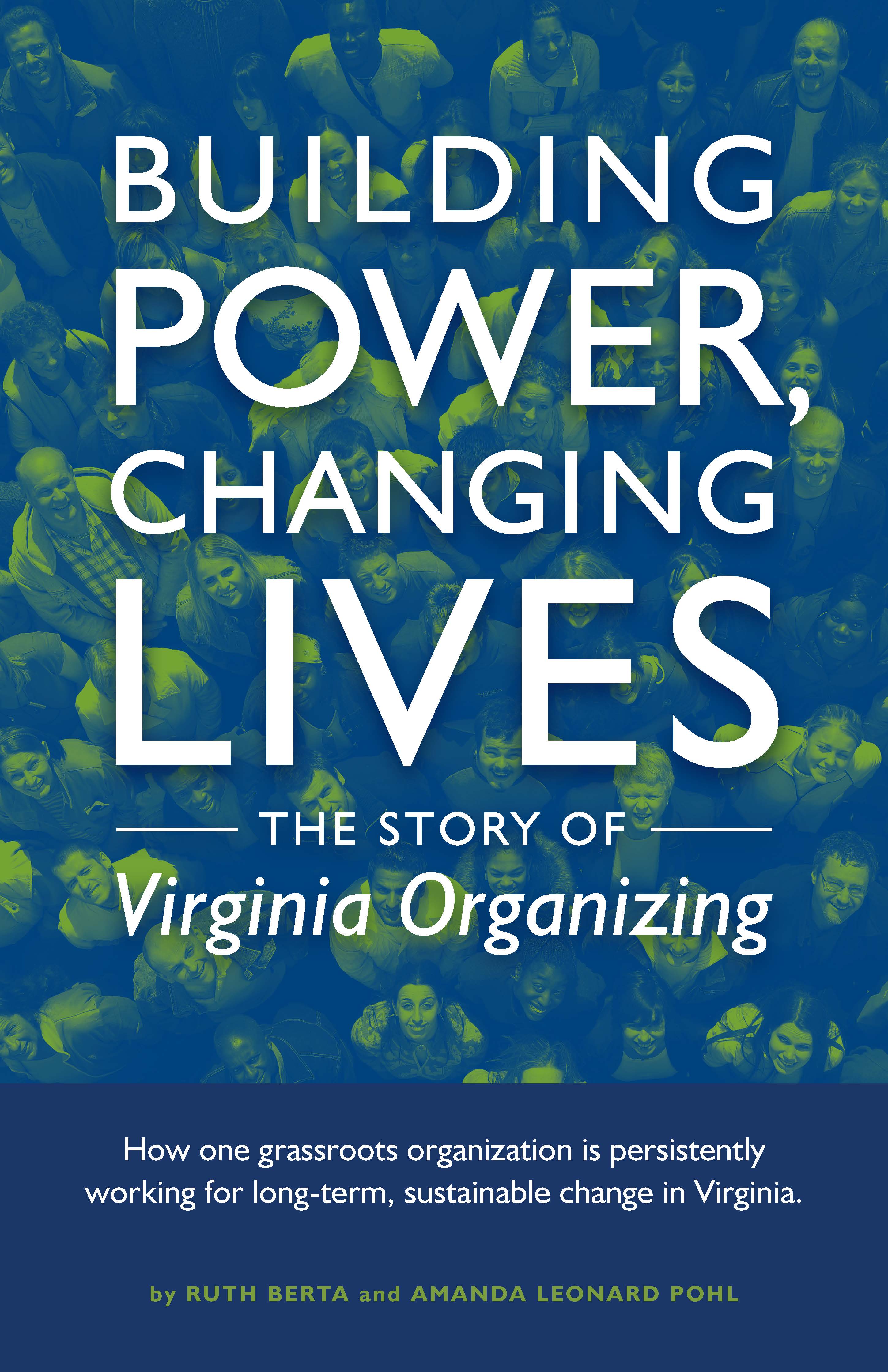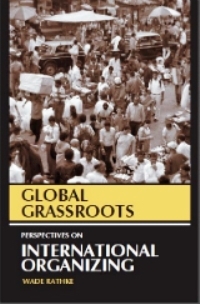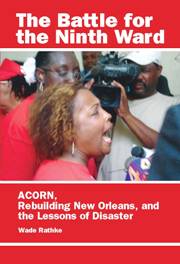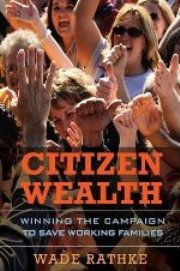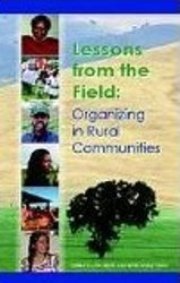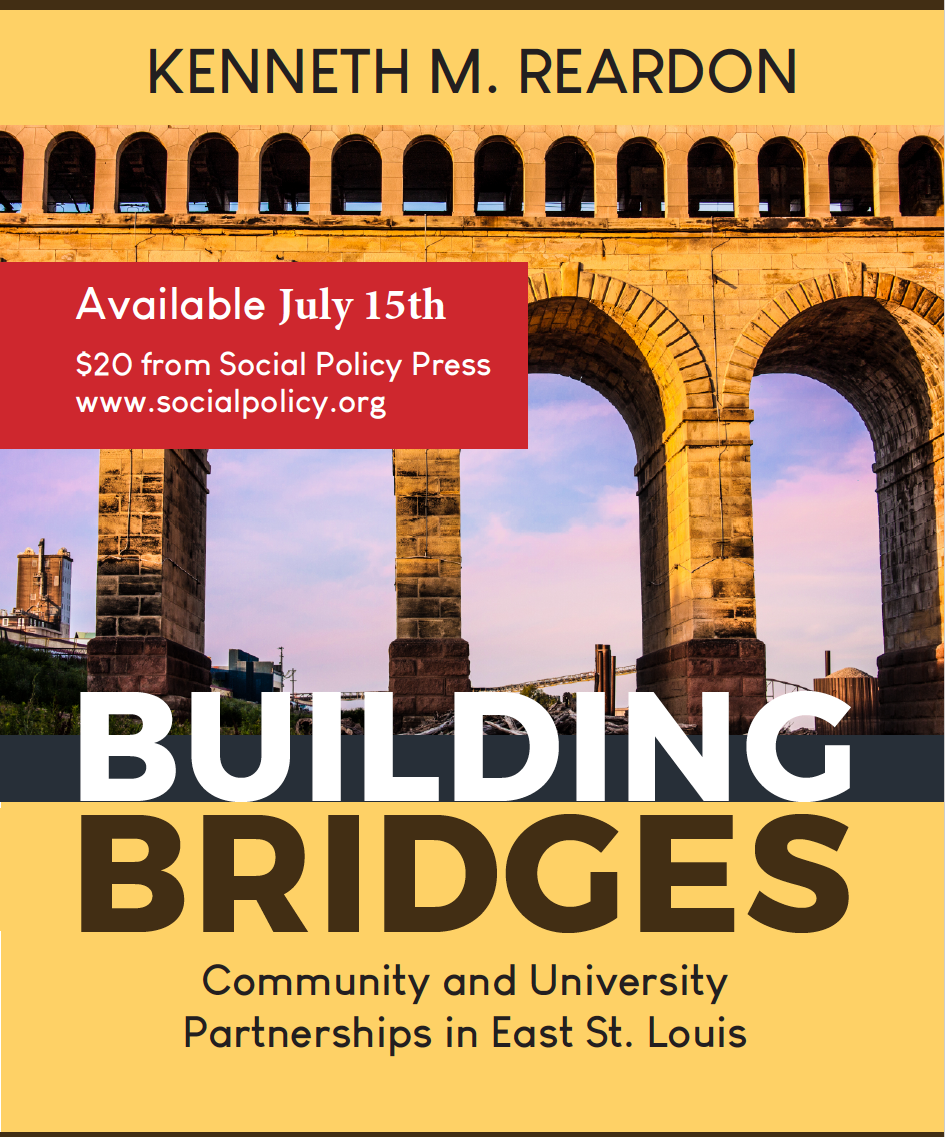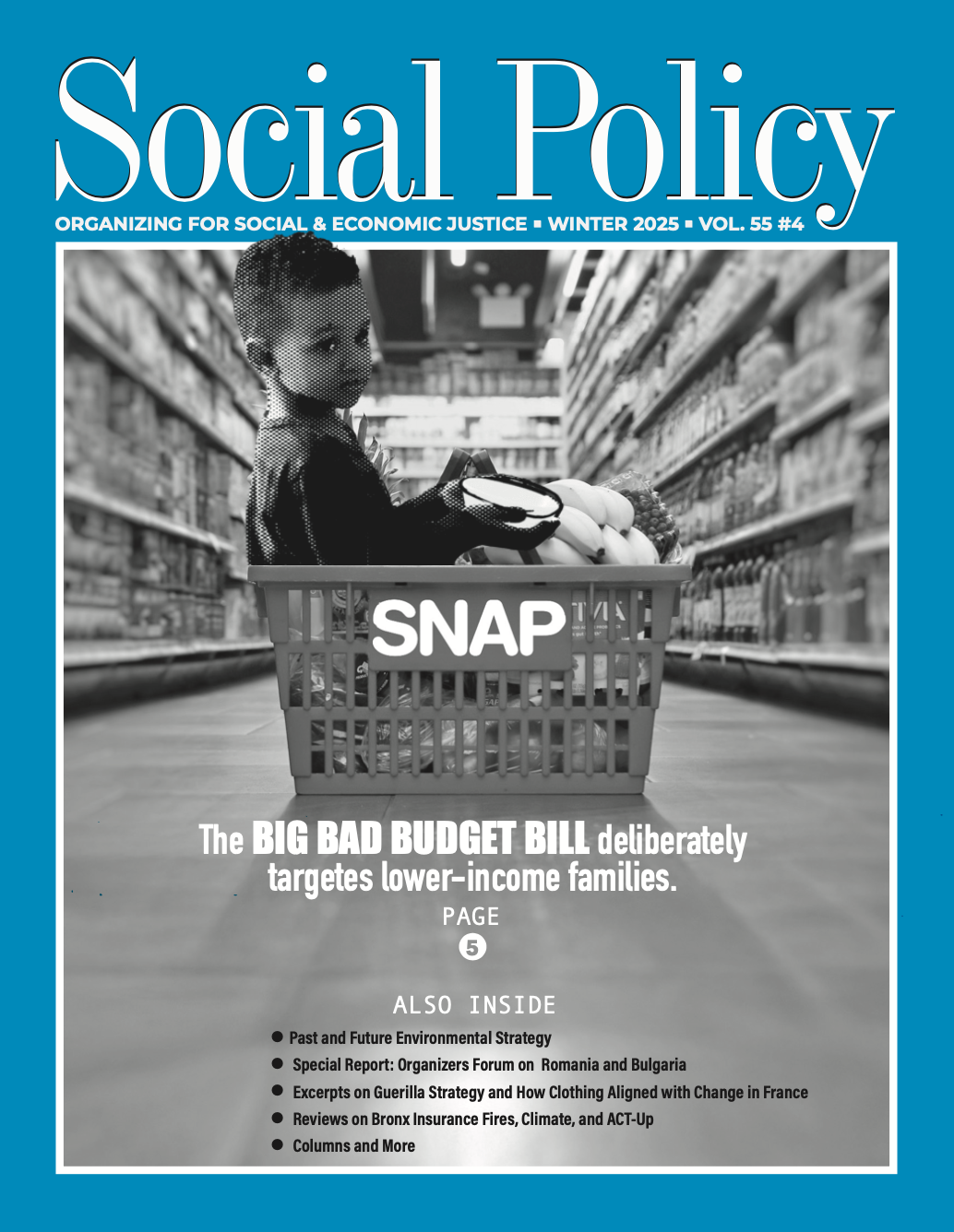Fred Ross for Presidential Medal of Freedom
I received a note from Fred Ross, Jr. and Mike Miller seeking support for this campaign to recognize, posthumously, Fred Ross, Senior, one of the great organizers for lower income families of all races and ethnicity, for a Presidential Medal of Freedom. Over the years while I was at ACORN whenever I was asked if I was an Alinksy-organizer, I would often reply, "No, I was a Ross-organizer!" Fred Ross's commitment to house meetings was instrumental in the role "organizing committees" played in the ACORN Model.
Below you will find the letters that Fred and Mike have helped distribute that have been signed by several Congresspeople and sent to the White House. Hopefully, you will join us in adding your name in support of this call for recognition for those who work in the vineyards of the freedom fight.
Wade

Dear Colleague,
As President Barack Obama considers candidates for the Presidential Medal of Freedom, I write to you today to join me in a letter that urges the President to award posthumously the Presidential Medal of Freedom to the legendary organizer, Fred Ross, Sr.
Since 1963, the Presidential Medal of Freedom recognizes those individuals who have made "an especially meritorious contribution to the security or national interests of the United States, world peace, cultural or other significant public or private endeavors." Fred Ross Sr.’s enduring legacy an organizer who built collective action, citizenship engagement, and leadership development has never been more relevant or important to our democracy.
Last year, when Dolores Huerta received the Presidential Medal of Freedom she recognized Fred Ross Sr. as the organizer who mentored both her and Cesar Chavez. Cesar once described his relationship with Fred Ross by saying “I learned quite a bit by studying Gandhi, but the first practical steps I learned from the best organizer I know, Fred Ross Sr….he changed my life. “For nearly half a century, Fred educated, agitated and inspired people of all races and backgrounds to overcome fear, despair and cynicism. He was a pioneer who fought for racial and economic justice.
To join this letter, please contact Christina Partida (Grijalva) at This email address is being protected from spambots. You need JavaScript enabled to view it..
Sincerely,
Raúl M. Grijalva Member of Congress
George Miller Member of Congress
Lucille Roybal-Allard Member of Congress
Dear President Obama,
We, the undersigned, are writing to ask you to award posthumously the Presidential Medal of Freedom to the legendary organizer, Fred Ross, Sr.
Last year, when Dolores Huerta received the Presidential Medal of Freedom she recognized Fred Ross Sr. as the organizer who mentored both her and Cesar Chavez. Cesar once described his relationship with Fred Ross by saying “I learned quite a bit by studying Gandhi, but the first practical steps I learned from the best organizer I know, Fred Ross Sr….he changed my life.”
For nearly half a century, Fred educated, agitated and inspired people of all races and backgrounds to overcome fear, despair and cynicism. He was a pioneer who fought for racial and economic justice.
In the thirties and early forties, he organized “Dust Bowl” refugees in the migratory worker camps that John Steinbeck wrote about, helping them form camp councils and self-governance. In the mid-forties, he worked with Japanese Americans during World War II. He organized community support to combat wartime hysteria and prejudice. He helped newly released “internees” find employment and housing in Cleveland and San Francisco.
After WWII, in the midst of KKK activity, he organized eight Civic Unity Leagues in California’s Citrus Belt, bringing Mexican Americans and African Americans together to battle segregation in schools, skating rinks and movie theatres. In Orange County he organized parents to fight the practice of segregation in local schools and successfully integrated School Boards across the Citrus Belt through voter registration drives and civic engagement. One of the most dramatic outcomes of his work in Orange County occurred when parents sued the School Districts and prevailed. (Mendez et al vs. Westminster School District, et al. 1947) , creating the legal precedent for the landmark Brown vs. the Board of Education decision.
In 1947 Saul Alinsky hired Ross to organize the Community Service Organization (CSO) in Los Angeles’ Eastside Barrio. In 1949 the CSO helped elect Ed Roybal, the first Hispanic ever elected to the Los Angeles City Council.
In the early 1950s, Ross met Cesar Chavez and Dolores Huerta. He recruited them to become fulltime organizers with the CSO and became a lifetime mentor. Together with CSO leaders across California and Arizona, they successfully overcame voter suppression efforts and passed landmark legislation on behalf of immigrants. Ross recruited and trained many other Hispanic leaders, including Cruz Reynoso who was later appointed the first Hispanic Supreme Court Justice in California, and who received the Presidential Medal of Freedom in 2000. Later he recruited and trained young farm worker, Eliseo Medina, who dedicated years to the UFW, became the Secretary Treasurer for the Service Employees International Union (SEIU) and is a leading advocate for comprehensive immigration reform today.
In 1965, as part of the “War on Poverty,” Ross worked through Syracuse University and trained many of the organizers who went on to be leaders in the Student Non-Violent Coordinating Committee (SNCC) and the Congress of Racial Equality (CORE) in the deep south.
Perhaps, Fred Ross Sr. is most remembered for his work with America’s farm workers and their struggle for justice and dignity during the 1960s and 1970s. He trained close to 2,000 grape and lettuce boycott and strike organizers in every major city in the United States and Toronto, Canada. The powerful pressure that resulted from massive collective action led to the passage of the historic California Agricultural Labor Relations Act signed into law by California Governor Jerry Brown in 1975.
In 1983 Fred Ross Sr. joined his son, Fred Ross Jr., and trained organizers to defeat the unfair Recall election of San Francisco Mayor Diane Feinstein who had been targeted because of her support for tough gun control regulation in the aftermath of the assassination of Mayor George Moscone and Harvey Milk. Fred Ross Sr.’s house meeting method was instrumental in recruiting the hundreds of volunteers who turned out to defeat the Recall by an 80% margin.
In the mid-1980s, Fred Ross Sr. joined his son, Fred, to train yet another generation of organizers to challenge the Reagan foreign policy in Central America. He died in 1992 at the age of 82.
On the occasion of his 80th birthday, Leader Nancy Pelosi said, “Fred Ross Senior left a legacy of good works that have given many the courage of their convictions, the powers of their ideals, and the strength to do heroic deeds on behalf of the common person.”
Jerry Cohen, former UFW General Counsel stated, “Fred fought more fights and trained more organizers and planted more seeds of righteous indignation against social injustice than anyone we’re ever likely to see again.”
That Fred remains an unsung hero, despite decades of unselfish work and achievements, is largely his own fault. Carey McWilliams may have put it best when he wrote: “(Fred) is a man of exasperating modesty, the kind that never steps forward to claim his fair share of credit for any enterprise in which he is involved.”
The late Los Angeles Times Associate Editor, Frank del Olmo, called Ross “one of a small cadre of underappreciated people who saw the potential in the Mexican American community long before anyone else did, literally generations before anyone else did, and helped nurture it and bring it along at a time when there was really no certainty that the potential they saw would ever come to fruition. I’m enough of an historian to believe that this kind of quiet heroism should not be forgotten.”
Fred Ross Sr.’s enduring legacy an organizer who built collective action, citizenship engagement, and leadership development has never been more relevant or important to our democracy.
In recognition of this unsung hero we urge you to confer the Presidential Medal of Freedom posthumously upon Fred Ross, Sr. This recognition would be a beacon of hope for living and future organizers committed to social justice.
Sincerely,
Members of Congress


